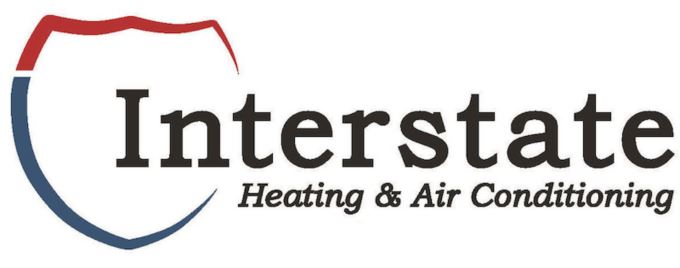
We spend a lot of time in our homes. In fact, the Environmental Protection Agency (EPA) has estimated being within a building makes up 90% of our time. However, the EPA also has determined your indoor air can be three to five times more polluted than outdoors.
That’s because our houses are securely sealed to enhance energy efficiency. While this is fantastic for your utility expenses, it’s not so great if you’re amid the 40% of the population with respiratory allergies.
When outdoors ventilation is limited, pollutants such as dust and volatile organic compounds (VOCs) might get trapped. As a result, these pollutants can aggravate your allergies.
You can boost your indoor air quality with clean air and usual housework and vacuuming. But if you’re still having problems with symptoms during the time you’re at your residence, an air purifier may be able to provide relief.
While it can’t remove pollutants that have gotten trapped in your furnishings or flooring, it could help purify the air moving across your house.
And air purification has also been scientifically confirmed to help lessen some allergic symptoms, according to the American College of Allergy, Asthma and Immunology. It can also be appropriate if you or a loved one has a lung condition, such as emphysema or COPD.
There are two kinds, a portable air purifier or a whole-home air purifier. We’ll examine the distinctions so you can figure out what’s appropriate for your home.
Whole-House Air Purifier vs. Portable Air Purifiers
A portable air purifier is for a lone room. A whole-house air purifier accompanies your home comfort system to treat your complete residence. Some kinds can work independent when your home comfort equipment isn’t operating.
What’s the Best Air Purifier for Allergies?
Look for an option with a High Efficiency Particulate Air (HEPA) filter. HEPA filters are installed in hospitals and deliver the greatest filtration you can get, as they catch 99.97% of particles in the air.
HEPA filters are even more powerful when installed with an ultraviolet (UV) germicidal light. This mighty mixture can eliminate dust, dander, pollen and mold, all of which are standard allergens. For the greatest in air purification, think over a system that also has a carbon-based filter to decrease household vapors.
Avoid using an air purifier that creates ozone, which is the primary element in smog. The EPA cautions ozone might aggravate respiratory troubles, even when emitted at small settings.
The Allergy and Asthma Foundation of America has created a list of questions to ask when purchasing an air purifier.
- What can this purifier remove from the air? What doesn’t it remove?
- What’s its clean air delivery rate? (A better figure means air will be purified faster.)
- How often does the filter or UV bulb need to be replaced]? Can I finish that without help?
- How much do spare filters or bulbs cost?
How to Reduce Seasonal Allergy Symptoms
Want to receive the {top|most excellent|best] outcome from your new air purification unit? The Mayo Clinic recommends doing other steps to limit your exposure to problems that can cause seasonal allergies.
- Stay in your home and keep windows and doors closed when pollen counts are elevated.
- Have someone else cut the lawn or pull weeds, since this work can aggravate symptoms. If you must do these chores on your own, consider wearing a pollen mask. You should also shower without delay and put on new clothes once you’re finished.
- Avoid hanging laundry outside.
- Run air conditioning while at your house or while driving. Consider installing a high efficiency air filter in your house’s heating and cooling equipment.
- Even out your house’s humidity levels with a whole-house dehumidifier.
- Hardwood, tile or linoleum are the best flooring materials for lowering indoor allergens. If your home has carpet, add a HEPA filter on your vacuum cleaner.
Let Our Pros Handle Your Indoor Air Quality Necessities
Want to move forward with getting a whole-house air purifier? Give our professionals a call at 402-509-5940 or contact us online to get an appointment. We’ll help you choose the right equipment for your home and budget.
